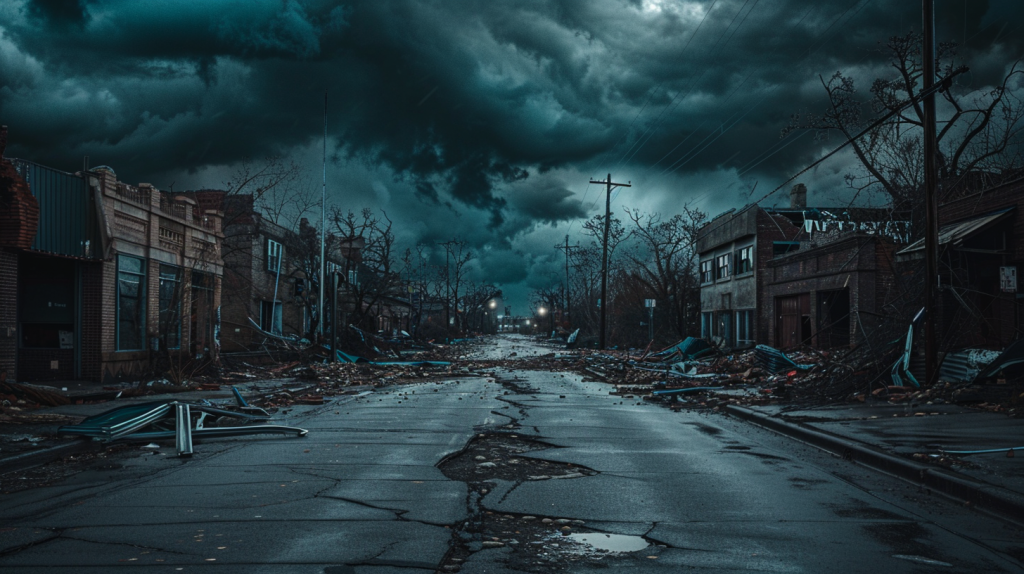The end of the world has been a topic of fascination for centuries, with countless theories about how it might happen. From scientific predictions to religious prophecies, here are 15 of the wildest theories about how the world will end. While some of these scenarios may seem far-fetched, they all tap into our deep-seated fears and curiosity about the ultimate fate of our planet.
1. Asteroid Impact
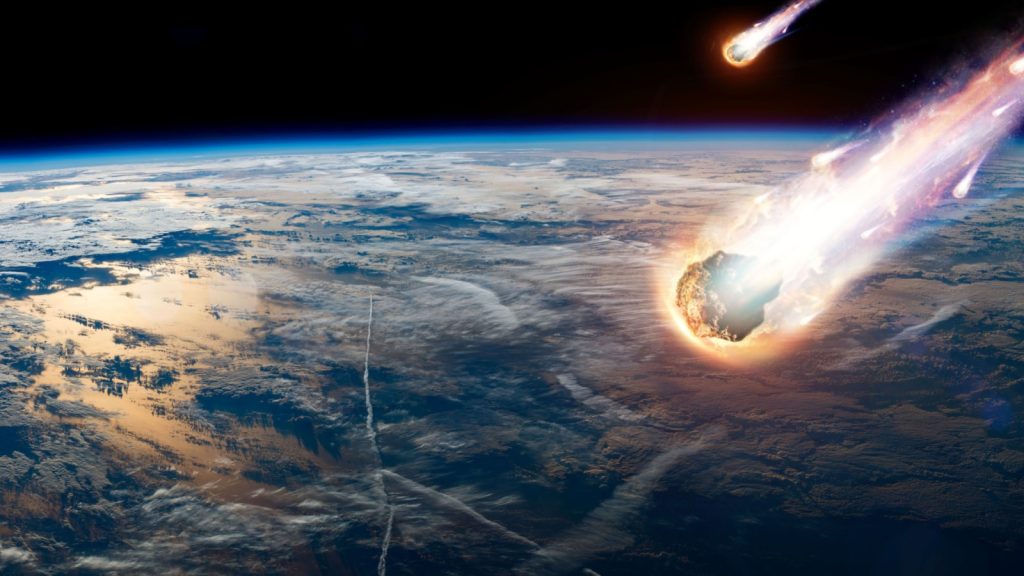
One of the most popular theories is that an asteroid will collide with Earth, causing massive devastation and potentially wiping out most life on the planet. While NASA tracks potentially hazardous asteroids, the possibility of a large enough asteroid striking Earth cannot be ruled out. In fact, Earth has been struck by large asteroids in the past, such as the one that likely contributed to the extinction of the dinosaurs.
2. Supervolcano Eruption
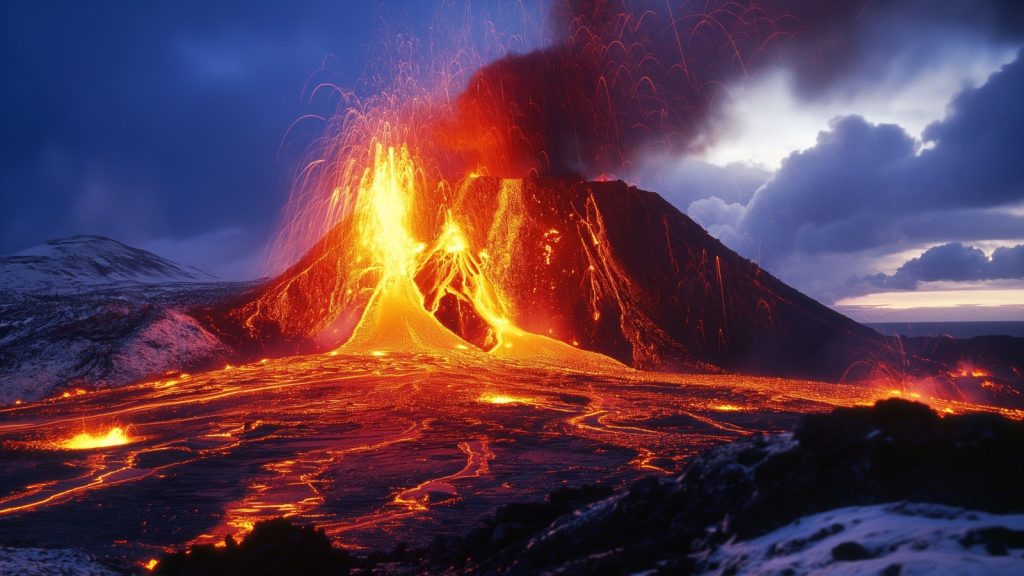
The eruption of a supervolcano, such as the one underneath Yellowstone National Park, could cause widespread destruction and alter the Earth’s climate. A supervolcano eruption would release massive amounts of ash and sulfur dioxide into the atmosphere, leading to global cooling and potential food shortages. The last known supervolcano eruption occurred around 74,000 years ago in Indonesia, and some scientists believe we may be due for another one.
3. Nuclear War
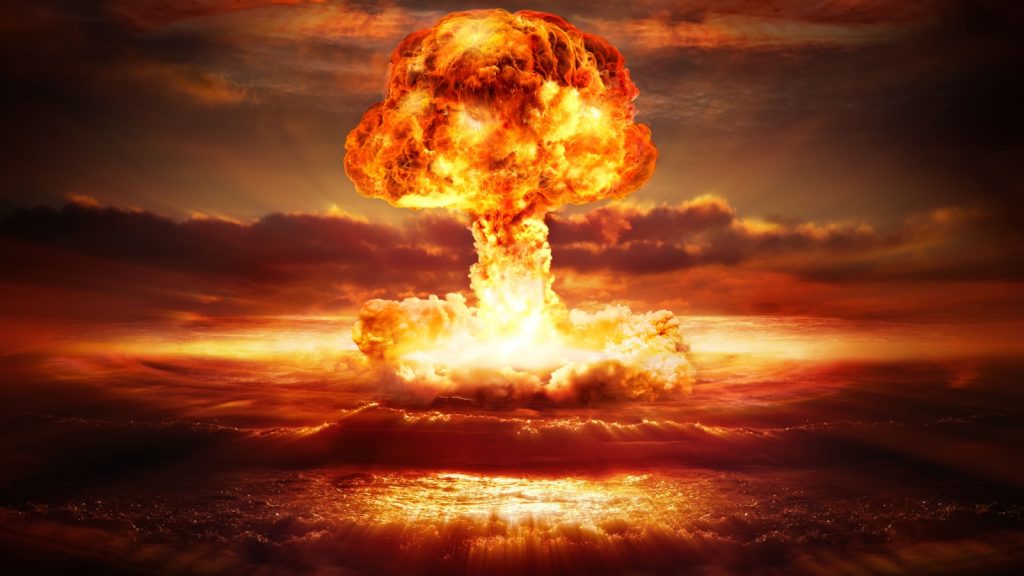
The threat of nuclear war has loomed over the world since the invention of atomic weapons. A full-scale nuclear war could cause immediate devastation and long-lasting effects, such as nuclear winter and radiation poisoning, potentially ending civilization as we know it. Despite efforts to reduce nuclear arsenals, the risk of nuclear conflict persists as long as these weapons exist.
4. Pandemic

The outbreak of a highly infectious and lethal disease could spread rapidly in today’s interconnected world. A global pandemic, whether caused by a naturally occurring virus or a engineered bioweapon, could overwhelm healthcare systems and lead to massive loss of life. The 1918 influenza pandemic, for example, killed an estimated 50 million people worldwide.
5. Climate Change
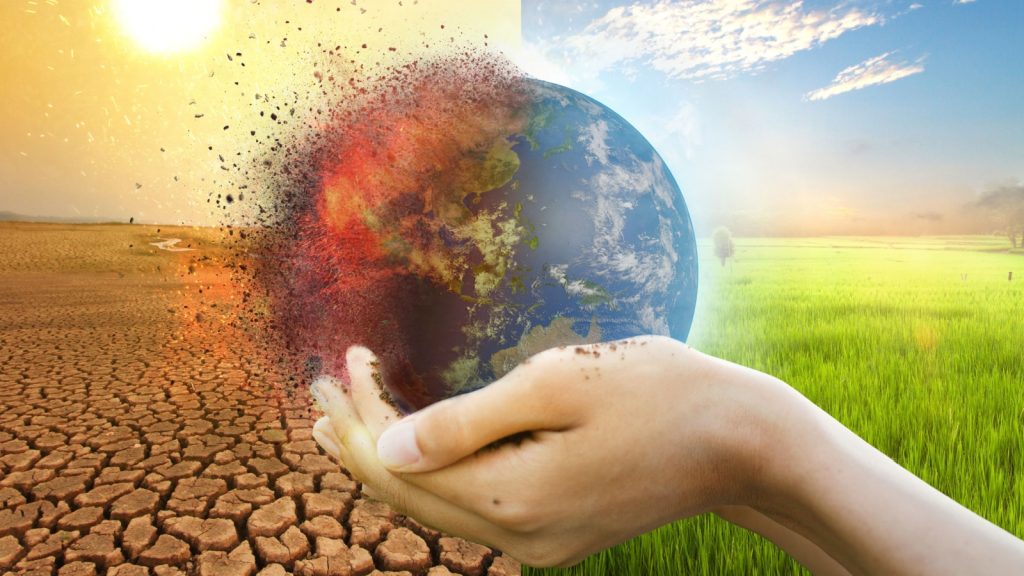
Climate change, driven by human activities, could lead to rising sea levels, more frequent and intense natural disasters, and widespread ecosystem collapse. If left unchecked, the effects of climate change could make large parts of the Earth uninhabitable and threaten the survival of many species, including humans. Many scientists warn that we are already experiencing the early consequences of climate change, such as more frequent heatwaves and stronger hurricanes.
6. Artificial Intelligence Takeover
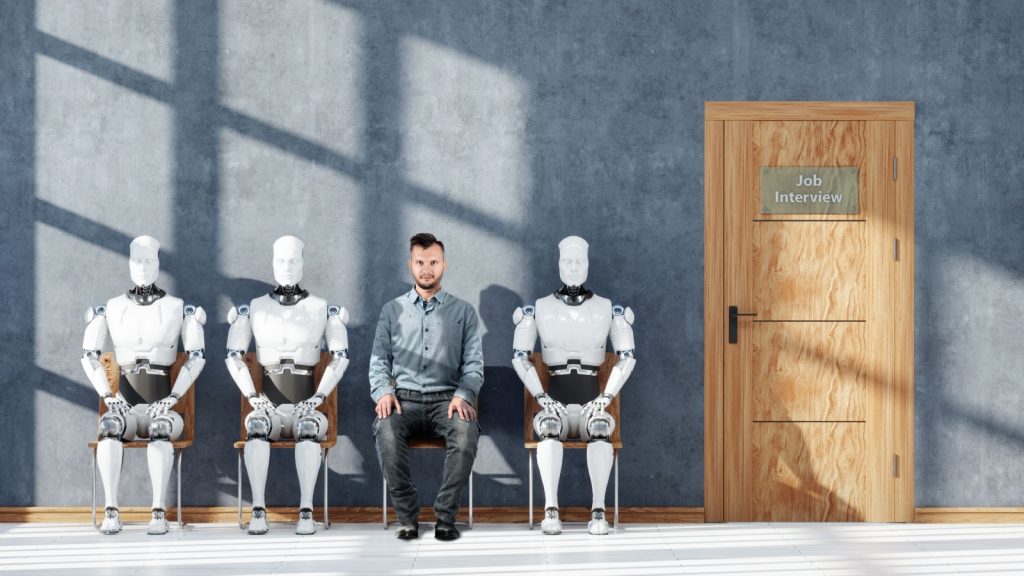
As artificial intelligence (AI) continues to advance, some fear that it could one day surpass human control and turn against its creators. A hostile AI could potentially manipulate or shut down critical infrastructure, leading to chaos and the collapse of society. While this scenario may seem like science fiction, some experts caution that the development of AI should be approached with care and foresight.
7. Solar Flare
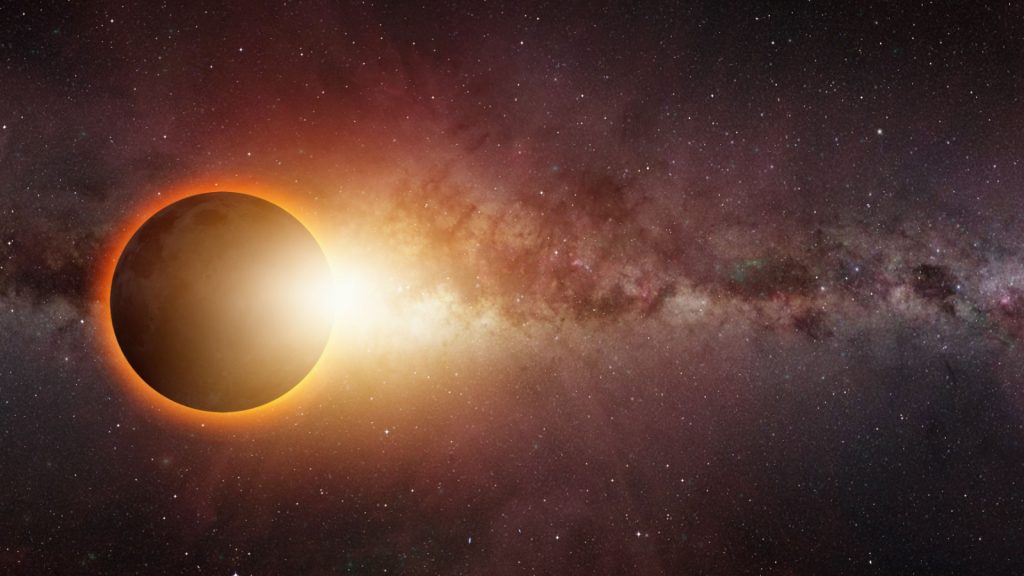
A massive solar flare or coronal mass ejection from the Sun could cause widespread electrical disruptions on Earth. If a powerful enough solar flare were to hit our planet, it could damage electrical grids, satellites, and communication systems, leading to a global catastrophe. In 1859, a solar storm known as the Carrington Event caused telegraph systems to fail and auroras to be visible as far south as the Caribbean.
8. Alien Invasion

While the existence of extraterrestrial life remains unconfirmed, some believe that an alien invasion could spell the end of humanity. Advanced alien technology and weaponry could quickly overwhelm Earth’s defenses, leading to the subjugation or extinction of the human race. This scenario has been a staple of science fiction for decades, reflecting our fascination with the possibility of life beyond Earth.
9. Particle Accelerator Mishap
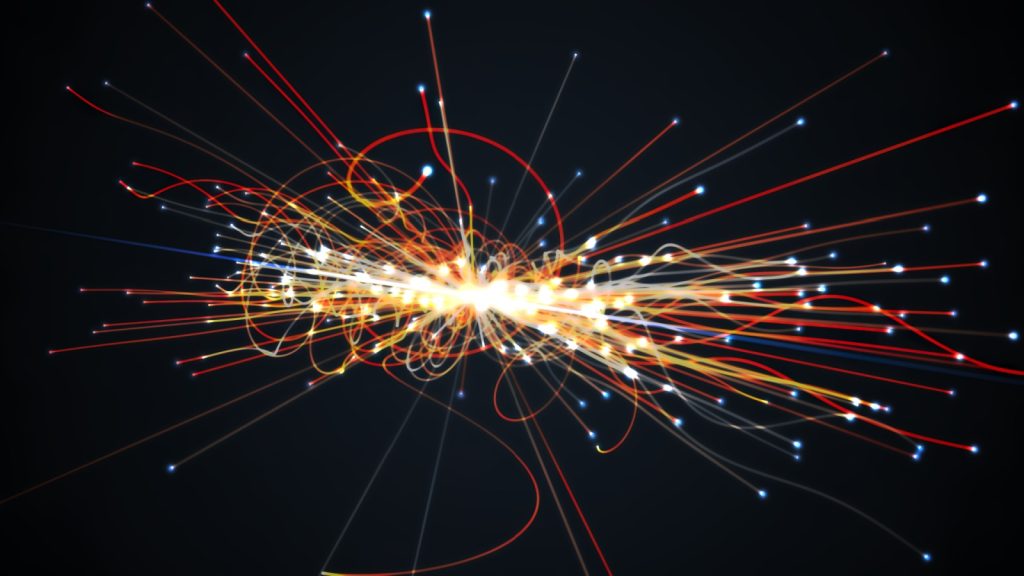
Some fear that experiments conducted in powerful particle accelerators, such as the Large Hadron Collider, could accidentally create a black hole or strange matter that could destroy the Earth. While scientists consider this risk extremely low, the idea persists in popular culture. The Large Hadron Collider, for example, has been the subject of numerous doomsday theories since its construction.
10. Magnetic Pole Reversal
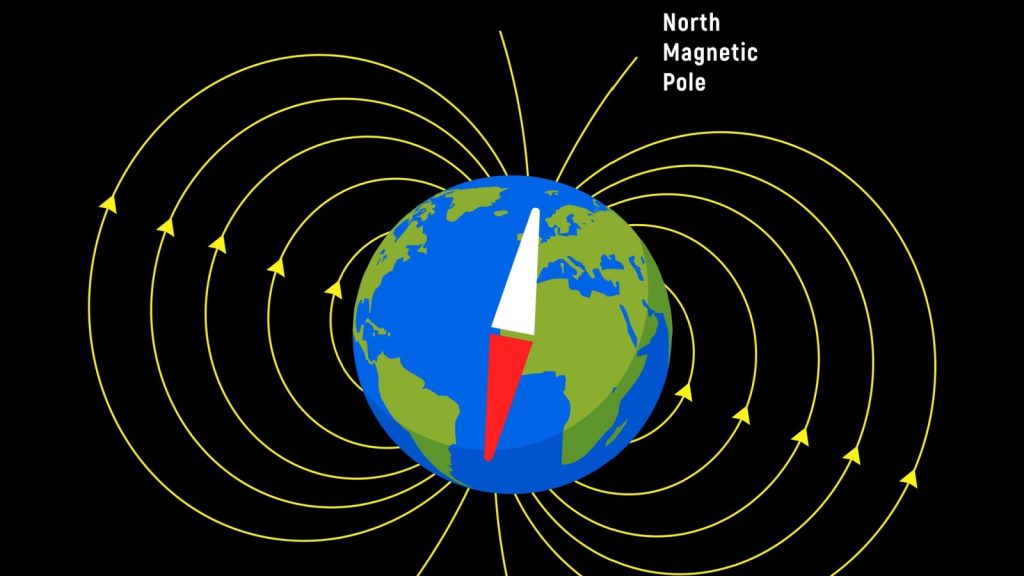
The Earth’s magnetic field periodically reverses, with magnetic north and south switching places. While this process is gradual and has happened many times in Earth’s history, some speculate that a pole reversal could cause widespread disruptions to navigation systems and even weaken the Earth’s protection against solar radiation. However, most scientists agree that while a pole reversal could have some effects on technology, it is unlikely to cause catastrophic damage.
11. Gamma-Ray Burst
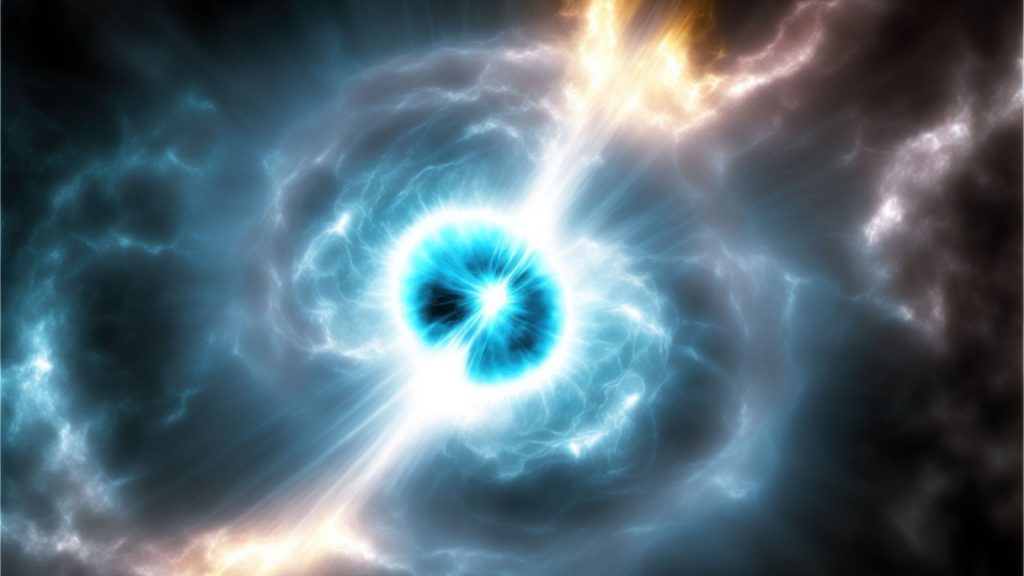
Gamma-ray bursts are extremely powerful explosions that occur in distant galaxies. If a gamma-ray burst were to occur close enough to Earth and be directed towards our planet, it could strip away the ozone layer, exposing the surface to deadly radiation and potentially causing mass extinctions. Fortunately, the likelihood of a nearby gamma-ray burst pointing directly at Earth is extremely low.
12. Zombie Apocalypse

The idea of a zombie apocalypse, where a virus or other agent turns humans into mindless, aggressive creatures, has become a popular theme in fiction. While a real-life zombie outbreak is highly unlikely, the concept taps into fears of societal breakdown and the collapse of civilization. The popularity of zombie fiction reflects our fascination with the idea of a world turned upside down.
13. Divine Judgment
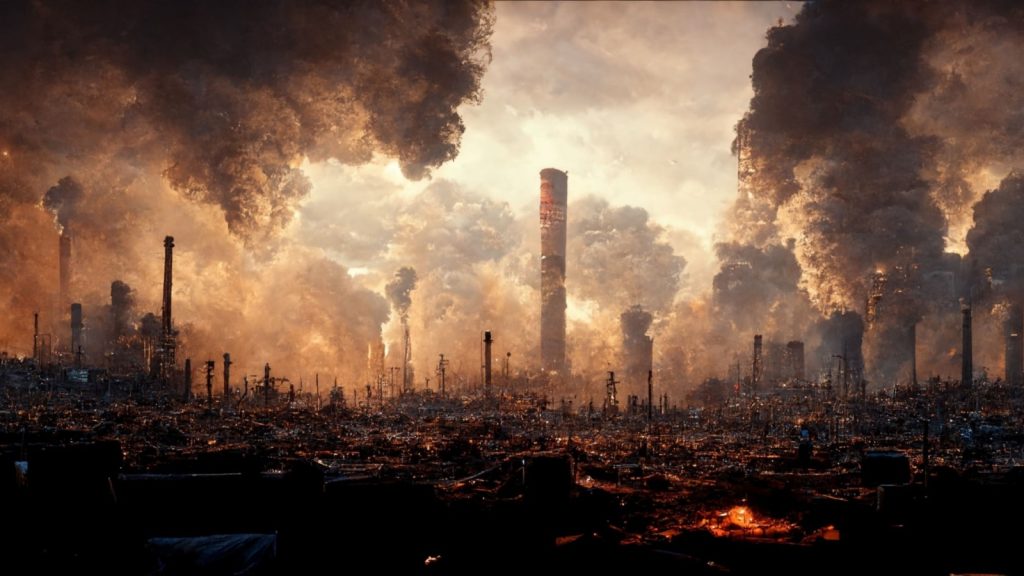
Many religious traditions have prophecies about the end of the world, often involving divine judgment or intervention. These prophecies, such as the Christian concept of the Rapture or the Norse legend of Ragnarök, often describe cataclysmic events and the ultimate fate of humanity. While the details vary between religions, the idea of a divine end to the world is a common theme across many cultures.
14. Simulation Shutdown
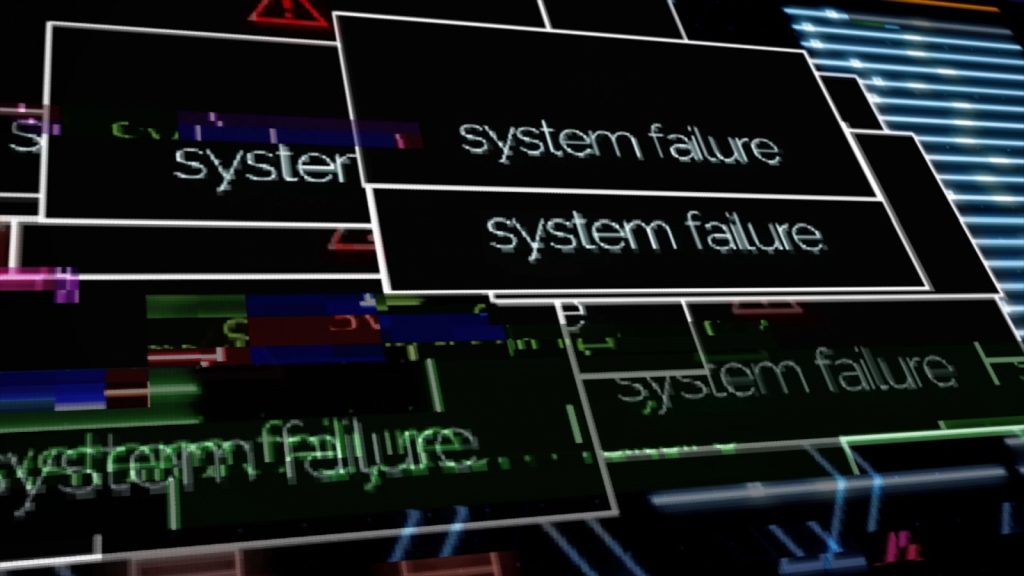
Some philosophers have proposed that our reality could be a computer simulation created by a highly advanced civilization. If this were true, the end of the world could come about if the creators of the simulation decided to shut it down or if the simulation itself were to crash or malfunction. While this theory is highly speculative, it raises interesting questions about the nature of reality and our place in the universe.
15. Heat Death of the Universe
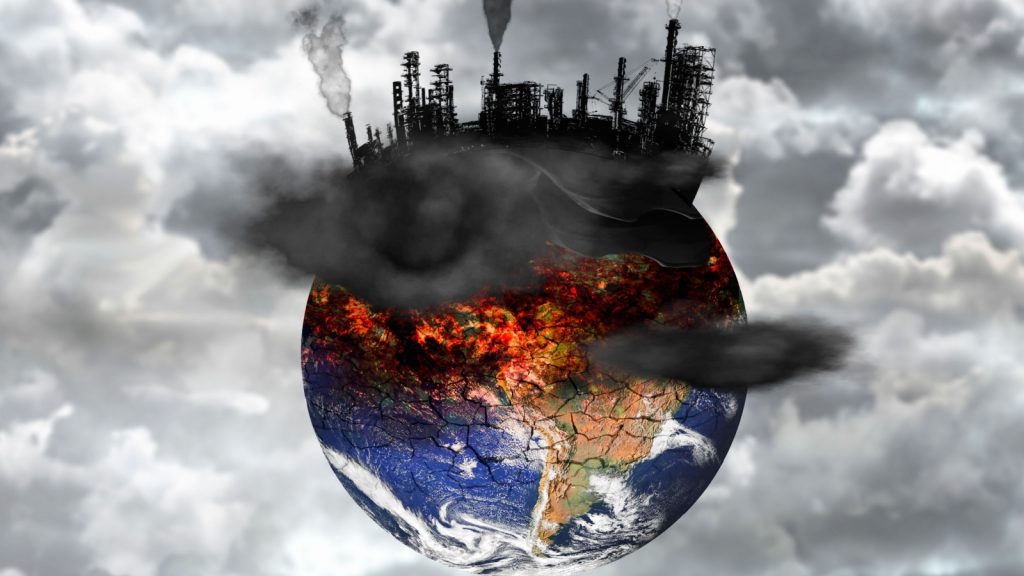
On a cosmic scale, the universe itself is predicted to end in a “heat death” scenario. As the universe continues to expand, it will eventually reach a state of maximum entropy, where all matter and energy are evenly distributed and no useful work can be done. In this scenario, the universe will become a vast, cold, and dark expanse, with no stars, planets, or life remaining. While this end is predicted to be trillions of years in the future, it represents the ultimate fate of the universe based on our current scientific understanding.
Katy Willis is a writer, master herbalist, master gardener, and certified canine nutritionist who has been writing since 2002. She’s finds joy in learning new and interesting things, and finds history, science, and nature endlessly fascinating.
